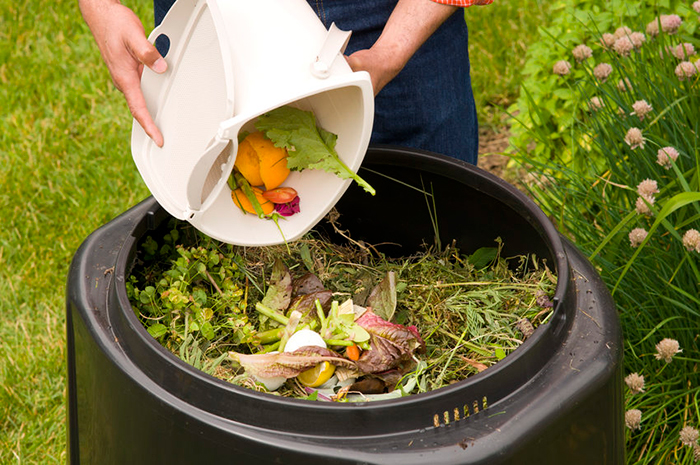Backyard Composting Tips For Turning Your Organic Waste Into Nutrient-Rich Soil

Yo, what's good my people! We need to start taking care of our planet, and one way we can do that is by managing our household waste. There are so many simple things we can do to reduce the amount of waste we produce and help keep our environment clean. Keep reading for some tips on how to manage your household waste and do your part for the planet.
How to Manage Your Household Waste
First things first, we need to make sure we're sorting our waste properly. This means separating our trash into categories like recyclables, compostables, and regular garbage. You can get separate bins for each type of waste to make it easy to sort.
Another way to reduce the amount of waste we produce is by buying products with less packaging. Look for items that come in recyclable or biodegradable packaging, or consider buying in bulk to reduce the amount of packaging overall.
You can also reduce your food waste by planning your meals ahead of time and only buying what you need. Freeze leftovers or unused ingredients before they go bad to save them for later.
When it comes to disposing of hazardous waste, like batteries or electronics, make sure you find a safe disposal method instead of throwing them in the trash. These items can contain harmful chemicals that can leach into the soil or water if not disposed of properly.
Finally, try to reuse or repurpose items instead of throwing them away. Old clothes can become rags, jars can become storage containers, and cardboard boxes can become playhouses for kids.
Tips & Tricks
If you're not sure what can be recycled or composted in your area, check with your local waste management company or municipality. They will have information on what items can be recycled or composted and where to take them.
Consider setting up a compost bin in your backyard to turn your food waste into nutrient-rich soil for your garden. Composting is easy and can save you money on fertilizer in the long run.
Another way to reduce your waste is by using reusable bags, water bottles, and containers. Keep a few reusable bags in your car or backpack so you're always prepared.
If you have kids, use it as an opportunity to teach them about waste reduction and environmentalism. Encourage them to recycle and compost and make it a fun activity for the whole family.
When you go out to eat or get takeout, consider bringing your own reusable containers instead of using the disposable ones provided by the restaurant. It may seem like a small thing, but every little bit helps.
FAQ
Q: Can I recycle pizza boxes?
A: It depends on the guidelines in your area. If the box is free from grease and other food residue, it can usually be recycled. However, if it's covered in grease, it must be thrown away.
Q: Can I compost meat and dairy?
A: It's not recommended to compost meat or dairy because they can attract pests and create an unpleasant odor. Stick to composting fruits, vegetables, and other plant matter.
Q: Where can I dispose of hazardous waste?
A: Check with your local waste management company or municipality for information on safe disposal methods for hazardous waste like batteries and electronics.
Q: Can I recycle plastic bags?
A: Plastic bags are not usually accepted in regular curbside recycling because they can cause problems in the recycling equipment. However, many grocery stores and other retailers offer plastic bag recycling programs.
Q: What can I do with old electronics?
A: Old electronics should be recycled or disposed of properly to prevent harmful chemicals from entering the environment. Check with your local waste management company or municipality for information on safe disposal methods.
Alright y'all, that's it for now. Remember, every little bit helps when it comes to reducing our waste and protecting our planet. Let's do our part and make a difference!

Post a Comment for "Backyard Composting Tips For Turning Your Organic Waste Into Nutrient-Rich Soil"